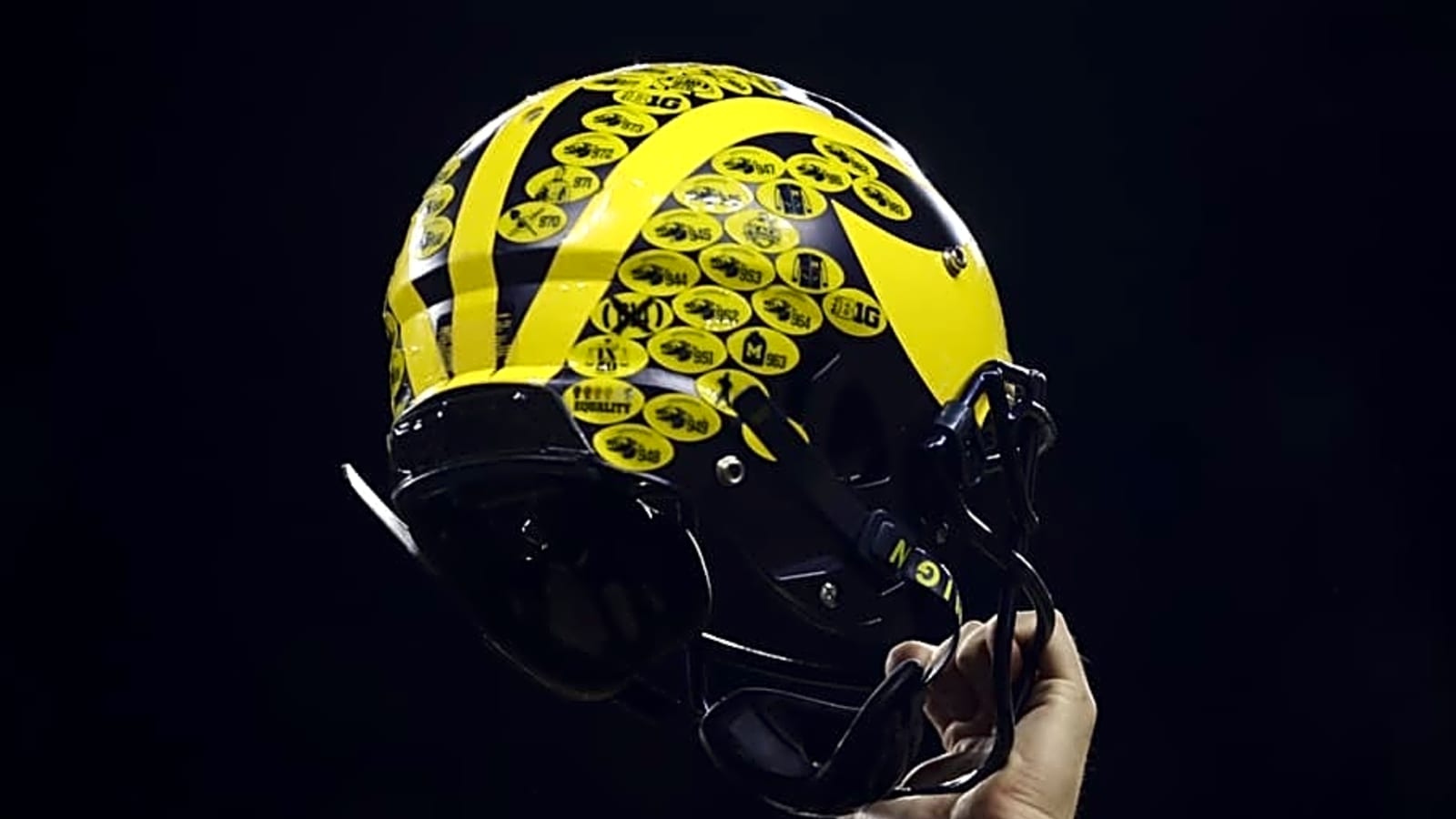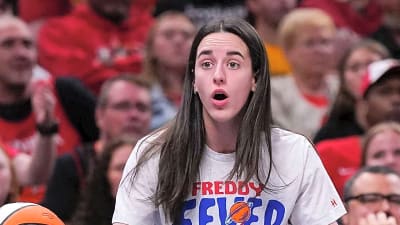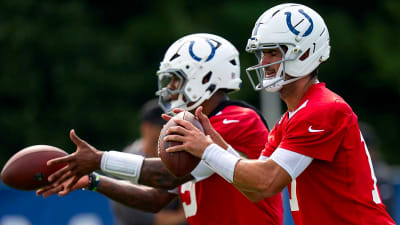
One of the biggest misconceptions surrounding sign-stealing in college football is the belief that it's something only Michigan was doing. In reality, sign-stealing is not only a widespread and long-standing part of the game—it's also completely legal. Decoding signals from game film, exchanging intel with coaches from other teams, and even interpreting signals in real-time during a game are all standard practices across the sport.
Understanding that baseline is crucial to dispelling the growing myth that sign-stealing is some kind of sinister scheme unique to Michigan, or more specifically, to Connor Stalions. Sign-stealing is common. And it's legal.
Where things got complicated—and controversial—is when Stalions took what was a legal practice and pushed it beyond the boundaries of NCAA rules. That's what turned this into one of college football's most talked-about stories over the last two years. But let's ask the important question: Is what Stalions did really worthy of being labeled as one of the biggest cheating scandals in college football history, as some have claimed?
Not even close.
Instead of operating within the accepted norms of sign-stealing, Stalions crossed a line. He reportedly paid individuals to attend games of future Michigan opponents to record their sideline signals—something explicitly prohibited by NCAA rules. While collecting signals from televised footage or in-game observation is fair game, recording them in person is a violation. What adds complexity is that Stalions didn't attend those games himself; he hired people not affiliated with the Michigan program to do it for him. And this is the gray area that Stalions operated in during his time at Michigan, as he indicated in his Netflix documentary.
Adding fuel to the fire, Stalions also showed up on the sidelines of Central Michigan's game against Michigan State in Week 1 of the 2023 season—while still employed by Michigan. According to the latest reports, he was there at the request of CMU staff, but was clearly observed decoding Michigan State's signals, a team that Michigan was set to face later that season. That move, which broke NCAA rules, only strengthened the case against Michigan, even though there's no evidence the school was aware of his presence at the game.
And that brings us to the core of the entire saga: this wasn't a grand scheme orchestrated by Michigan's coaching staff. The players and coaches weren't huddled in a dark room, plotting ways to steal signs and gain an unfair advantage. That's the image that many on social media would want you to believe, but that's not reality.
The reality is that this was the work of one low-level staffer—Connor Stalions—who bent, and in some cases broke, the rules in pursuit of his own personal and professional ambitions. And now Michigan is paying the price.
In addition to a hefty fine and show-cause penalties, this controversy will forever be a footnote in Michigan's 2023 national championship story. And while rival fans will use it to try to discredit the Wolverines' dominance and success that year, the record books will always tell a different story.
More Michigan News
A final update on an elite Michigan football class of 2026 RB target heading into his decision
Predictions about 'the hammer' coming to Michigan football fall short
Report: Michigan football in the mix for trio of blue chip class of 2027 wideouts
More must-reads:
- Rays calling up top-50 MLB prospect for big league debut
- Top 2023 quarterback recruit set to make first career start
- The 'Active 20-home run MLB seasons' quiz
Breaking News
Trending News
Customize Your Newsletter
 +
+
Get the latest news and rumors, customized to your favorite sports and teams. Emailed daily. Always free!








